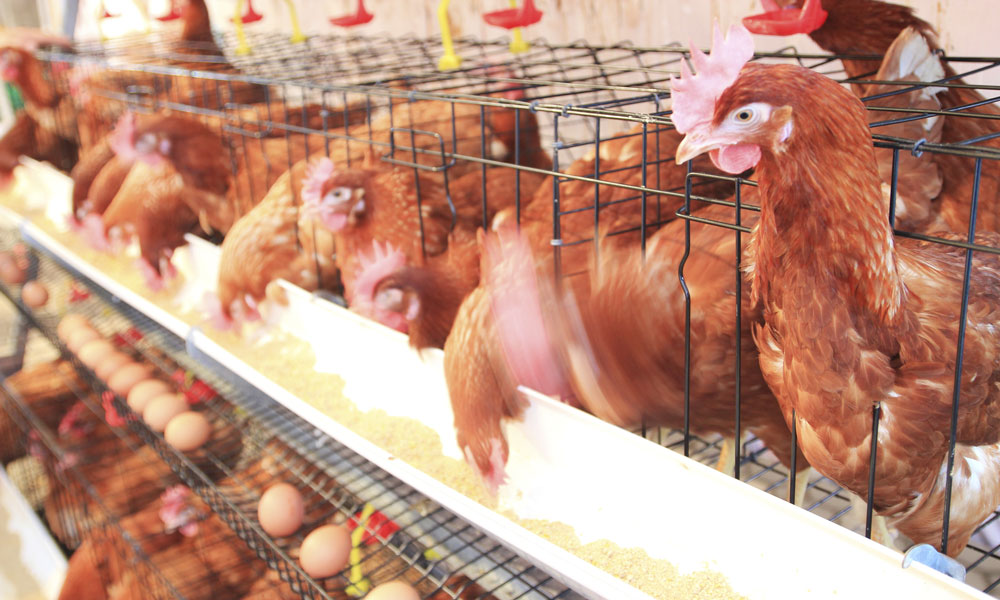
Bird Flu Outbreak Puts Associations On Notice
Reports of a widening bird flu outbreak affecting factory farms nationwide are raising questions about how it could affect humans and whether controversial farming practices are to blame. At this point, your meals are probably safe.
For now, the latest avian flu outbreak is for the birds.
In recent weeks, egg and poultry producers have been working overtime to deal with reports of avian flu in bird populations nationwide. Thus far, commercial facilities in 13 different states—including an Iowa facility with nearly 4 million infected birds—have confirmed cases of influenza among the bird population, which, in some instances, is leading to drastic steps. The Los Angeles Times, for example, notes that the Iowa facility will euthanize all of its birds to limit the disease’s impact.
At the center of this is United Egg Producers (UEP), which is working to help limit the reach of the deadly disease. While the situation remains fluid, the group says that it is doing everything it can to limit the danger to consumers.
“There is close collaboration between UEP and others in the egg, chicken and turkey farming communities to share information and prevent AI from spreading,” the group stated last week, in an FAQ answer on its website. “In addition, state and federal regulatory authorities are working hand in hand to limit occurrence of this disease and to continue surveillance programs.”
The Risks To Humans
But even as the poultry industry works to fight the spread of the disease, the group is emphasizing that the risk to humans is minimal.
“It’s important to note avian influenza cannot be transmitted through safely handled and properly cooked eggs,” the association emphasized in a statement last week. “The strains of AI that have been found in the U.S. have not affected humans to date and are not considered a public health concern.”
This point is emphasized by public health experts, who say that misconceptions about the disease can lead to unnecessary panic.
“Educate yourself, your families. Understand what is going on,” Keith Poulsen, diagnostic case and outreach coordinator of Wisconsin Veterinary Diagnostic Laboratory, told The Badger Herald last week.
(That said, the Centers for Disease Control and Prevention is researching a bird flu vaccine for humans, just in case.)
How The Outbreak Could Affect the Industry
But for critics of factory farming practices, such as the Humane Society of the United States (HSUS), the outbreak of disease underlines the issues that these practices have created.
“How we treat animals can have global public health implications—and these new animal flu viruses certainly do,” argued HSUS President and CEO Wayne Pacelle on his blog last week. “When we overcrowd thousands of stressed animals into cramped, filthy, football-field sized sheds, beak to beak and sometimes living in or above their own waste, we create breeding grounds for disease.”
Even before the current outbreak, the debate over factory farming practices was reaching a head. The Wall Street Journal reported in March that many egg providers were debating whether to switch to expensive “cage-free” facilities or to expand the sizes of the cages used for hens.
But while the avian flu will likely have an effect on the country’s poultry supply, groups such as the National Turkey Federation remain optimistic that the disease won’t have a direct effect on the consumer.
“Turkeys that contract the disease cannot be processed or sold, but the remaining 99 percent of this year’s supply will be available,” NTF spokesman Keith Williams told USA Today. “Consumers will have no problem finding the turkey products they have always enjoyed, and there will be enough turkeys available this Thanksgiving.”
(iStock/Thinkstock)






Comments